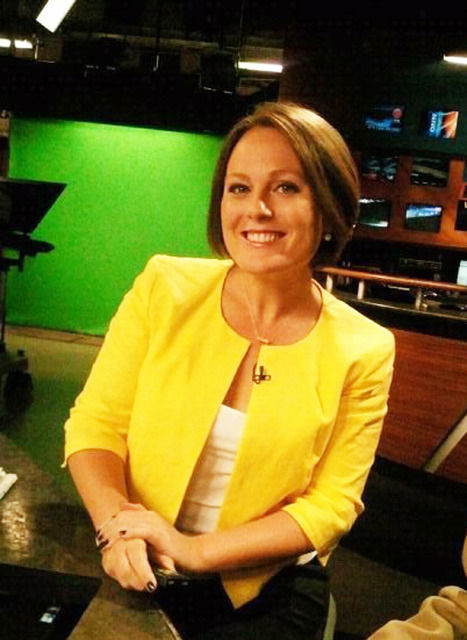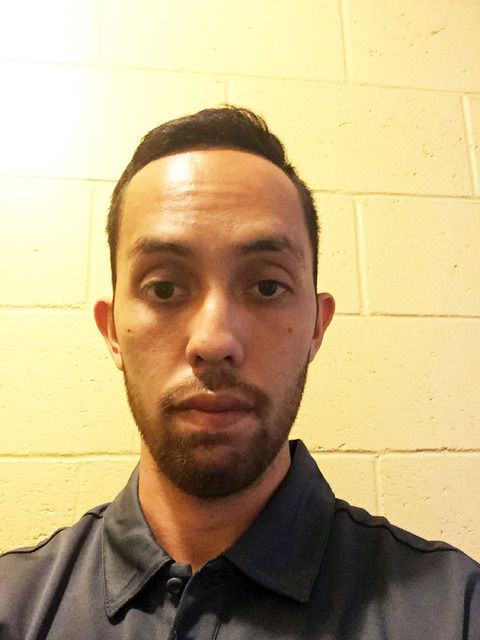LIHUE — Jordan Locquiao of Kalaheo owns five credit cards. Four of the five cards, however, are paid off. For Locquiao, credit cards offer him shopping opportunities. “Sometimes there are deals I can take advantage of,” he said. “I might
LIHUE — Jordan Locquiao of Kalaheo owns five credit cards.
Four of the five cards, however, are paid off.
For Locquiao, credit cards offer him shopping opportunities.
“Sometimes there are deals I can take advantage of,” he said. “I might be able to save an extra 10 percent or get 0 percent financing when buying appliances. I’m able to pay payment options and take advantage of the offers.”
He said he also uses his cards only when he has enough money for purchases.
“I don’t want to accumulate too much debt,” he said. “I try to pay it off within 30 days within the promotion that they offer from the credit card.”
Young professionals such as Locquiao, a former assistant manager at Kmart, tend to be frugal and look for reasonable deals, said Sonia Topenio, Bank of Hawaii Kauai regional and island manager.
“Hawaii residents as a whole have traditionally taken a conservative approach when it comes to credit,” she said. “As a group, Hawaii consumers tend to be very disciplined when it comes to repayment of debt and have very good payment history.”
However, 2011 data accumulated by SmartAsset, a personal finance technology company in New York, suggests that the average consumer credit card debt on Kauai is $3,700 — over $800 more than the national average and just a tad above the state average of $3,650.
Kauai did fare better than Maui at $3,810 and Hawaii Island at $3,790, while Oahu had the lowest credit card debt average per consumer at $3,600.
“Hawaii has more credit-worthy folks than most places in the United States, and the idea that they have more credit cards and use them more probably accounts for that,” said Craig Schafer, PayDayHawaii president.
AJ Smith, SmartAsset managing editor and VP of content, said another factor is high cost of living.
“Hawaii may have some of the same issues that other, higher cost of living areas have as far as allowing people to accumulate wealth,” she said. “Our goal with all of these answers and our studies that we do is to inform and educate people and get them thinking and talking about these issues.”
There are others who are skeptical about owning credit cards.
“If I had to be honest, it kind of scares me because it tells me, ‘OK, I might have money, but then I have to pay so much,’” Hanapepe resident Chevaz Caldeira said. “I mean, I’m already struggling. I feel like a credit card would make me struggle more.”
Smith said paying off a credit card regularly is beneficial.
“You want to show lenders that you would be a good person to lend money to; that you’re going to pay back the money you that you’re lent and pay back in a timely manner,” she said. “A credit card can help you do that. By using the credit card and paying it off, you’re showing that you’re able to borrow that money and pay it back regularly.”
There are downsides, Schafer said, when credit card consumers neglect to pay their debts on time.
“It can lead to being turned over to a collection agency, which is never fun,” he said. “It can lead to possibly going to court — usually small claims court for things like credit cards. It could also lead to garnishment of wages. Beyond that, by not paying debts when they’re due, you’re lowering your credit score. Getting credit in the future is much more difficult.”
Smith said when it comes to credit card debt, it’s all about balance.
“Some people may look at a number and think, ‘I may be comfortable with a little more. I have a new job. I have income coming in at a regular basis.’ Other people would say, ‘That’s going to keep me up at night. That’s going to make me uncomfortable,’” she said. “It’s really about finding what kind of debt you’re comfortable with and won’t interfere with your future financial goals are.”
As far as getting out of debt, Schafer said, it’s important to pay yourself first.
“When you get your check, you take a portion of that savings and put it in a savings account,” he said. “I think having a savings account does more toward keeping out of debt than anything else then you don’t go into debt when you have an emergency.”




